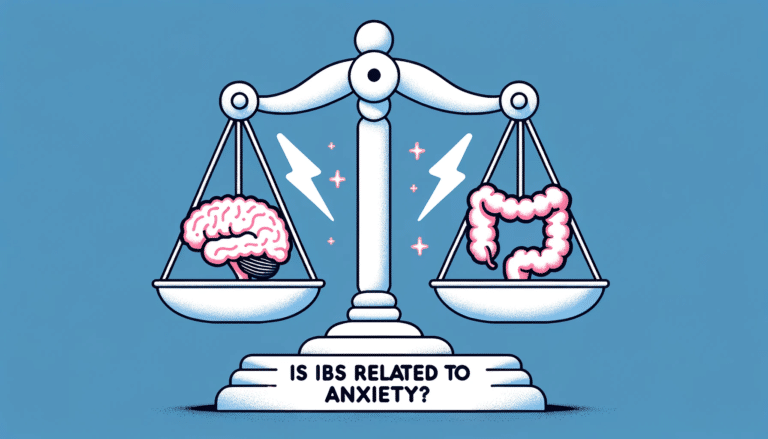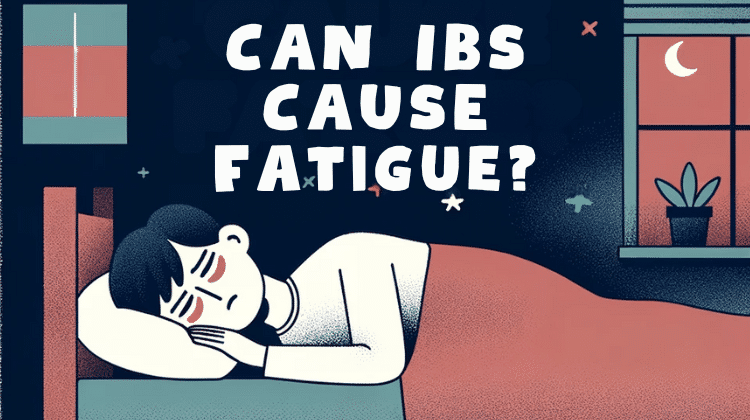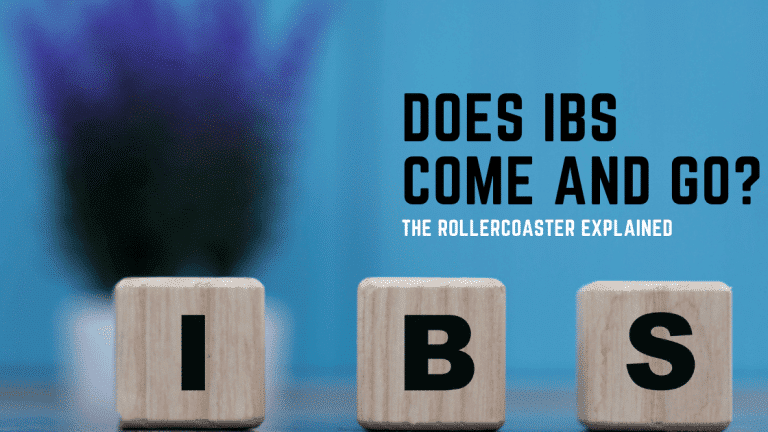Brain Fog and Stomach Issues: Navigating the Gut-Brain Highway

Ever felt mentally clouded while your stomach churns like a stormy sea? You’re not alone – brain fog and stomach issues are indeed intertwined.
If you’re seeking quick answers:
- Yes, brain fog and stomach problems frequently go hand in hand.
- Their relationship is rooted in the strong connection between your gut and brain.
Curious to dig deeper? Continue reading for an enlightening exploration of this fascinating gut-brain connection.
Key Takeaways
- Brain fog isn’t just in your head—it can be a sign of underlying gastrointestinal problems.
- The gut-brain connection plays a pivotal role in both mental clarity and gut health.
- Probiotics can be game-changers but choose wisely.
- Get to know the symptoms, so you can fight back.
Why the Connection Between Brain and Gut is Not Pseudo-Science
You heard it right, the gut-brain connection is real. In fact, your gut is often called the “second brain” due to the enteric nervous system.
This intricate network sends signals to the brain, affecting brain function and your cognition.
Why? Because neurotransmitters are also in your gut, not just your brain. So, when your stomach’s in turmoil, chances are, your mental clarity is too.
Probiotics: More than Just a Gut Pleaser
Ever wonder why probiotics are the talk of the town? They’re not just good for your gut; they can clear up your mind too.
The use of probiotics can help in balancing your gut microbiome, which in turn can improve brain function.
A bad gut microbiome can even contribute to brain fog. But not all probiotics are created equal, so get familiar with what works best for you.
IBS & SIBO: The Usual Suspects
If you often find yourself wondering why brain fog is a recurring issue, you might be dealing with irritable bowel syndrome (IBS) or small intestinal bacterial overgrowth (SIBO).
Both can cause a constellation of symptoms like gas and bloating and yes, they can be the reason behind your foggy head.
Abdominal Pain Meets Cognitive Symptoms
Stomach pain isn’t just a GI problem; it could be a signal that your brain isn’t functioning at its best.
Cognitive symptoms such as poor concentration, short-term memory issues, and a general lack of focus can all be traced back to gastrointestinal issues.
Symbiotic Duos: How Probiotics, Prebiotics, and Synbiotics Differ
No, they’re not a hipster band. We’re talking gut essentials here. While probiotics get the limelight, prebiotics and synbiotics are often in the shadows. Yet, they also play a role in both gut health and mental clarity.
Prebiotics: The Unsung Heroes
Remember, probiotics are living microorganisms that benefit your gut bacteria. Prebiotics, on the other hand, are the fuel.
They’re non-digestible components of food that your gut bacteria thrive on. Without them, your probiotics might not perform as well.
That’s crucial when you’re dealing with issues like SIBO and IBS, where bacterial overgrowth and bowel symptoms can wreak havoc.
Synbiotics: The Best of Both Worlds
So, what are synbiotics? Imagine a power couple. Probiotics and prebiotics join forces, enhancing each other’s effectiveness.
It’s a symbiotic relationship that not only aims to keep your digestive system in check but also intends to reduce brain fog and improve cognitive health.
Diet Detox: Can What You Eat Uncloud Your Mind?
We all know about gluten-free, keto, and low FODMAP diets. But have you ever considered a low histamine diet?
With stomach issues like IBS and SIBO, there’s often a lot of histamine floating around your system. And it’s worth noting that histamine can directly affect brain function.
Let’s Talk Apple Cider Vinegar
It’s not just for salads anymore. Believe it or not, apple cider vinegar can be a gut game-changer.
How? It aids in digestion and can even help with constipation and diarrhea. Its impact on gut health could, therefore, make a dent in reducing brain fog.
Hormonal Changes and Their Role
If you’re a woman and find that brain fog and stomach issues get worse during certain times of the month, you’re not imagining things.
Hormonal changes can mess with both your gastrointestinal and cognitive symptoms.
Battle of the Supplements: Which Ones to Choose?
Brain fog and gastrointestinal woes got you down? We know the feeling. That’s why you need to be picky about your supplements.
The Lowdown on IBS-Friendly Supplements
So, you’re familiar with the typical multivitamins, but what about specific IBS supplements? There are some that focus on both gut health and brain function.
For instance, some people swear by probiotics to alleviate IBS symptoms. Want a deep dive into this? Check out my in-depth review of the best IBS supplements.
The Link Between SIBO and Brain Fog
SIBO, or Small Intestinal Bacterial Overgrowth, can be a silent contributor to brain fog. This condition creates a bacterial imbalance in your small intestine.
Recent research shows a compelling link between SIBO and poor concentration, so be on the lookout. For more on this, find out why IBS is so common.
Exploring The Link Between Brain Fog and Stomach Issues: Final Thoughts
Enough of wandering in the haze! Taking the reins of both your gut and brain health can make a world of difference.
From understanding the gut-brain connection to sifting through the maze of probiotics, prebiotics, and synbiotics, you’ve got more than a few paths to clear up the fog.
Whether you explore dietary changes, delve into the world of supplements, or consider the hormonal factors, remember, the journey to wellness is a personal one.
Tailoring your approach can mean the difference between days lost in fog and a life filled with clarity.
And hey, if you want to get an insider’s look at what living with IBS feels like, I’ve got you covered.
So, here’s to better gut and brain health! Cheers to a clearer, more focused you!
Disclaimer: This content is based on my personal experience as an individual diagnosed with celiac disease and IBS (Irritable Bowel Syndrome) who follows a strict gluten-free diet. This does not constitute medical advice. Please consult a medical professional, nutritionist, or qualified dietitian for personalized, professional advice.






